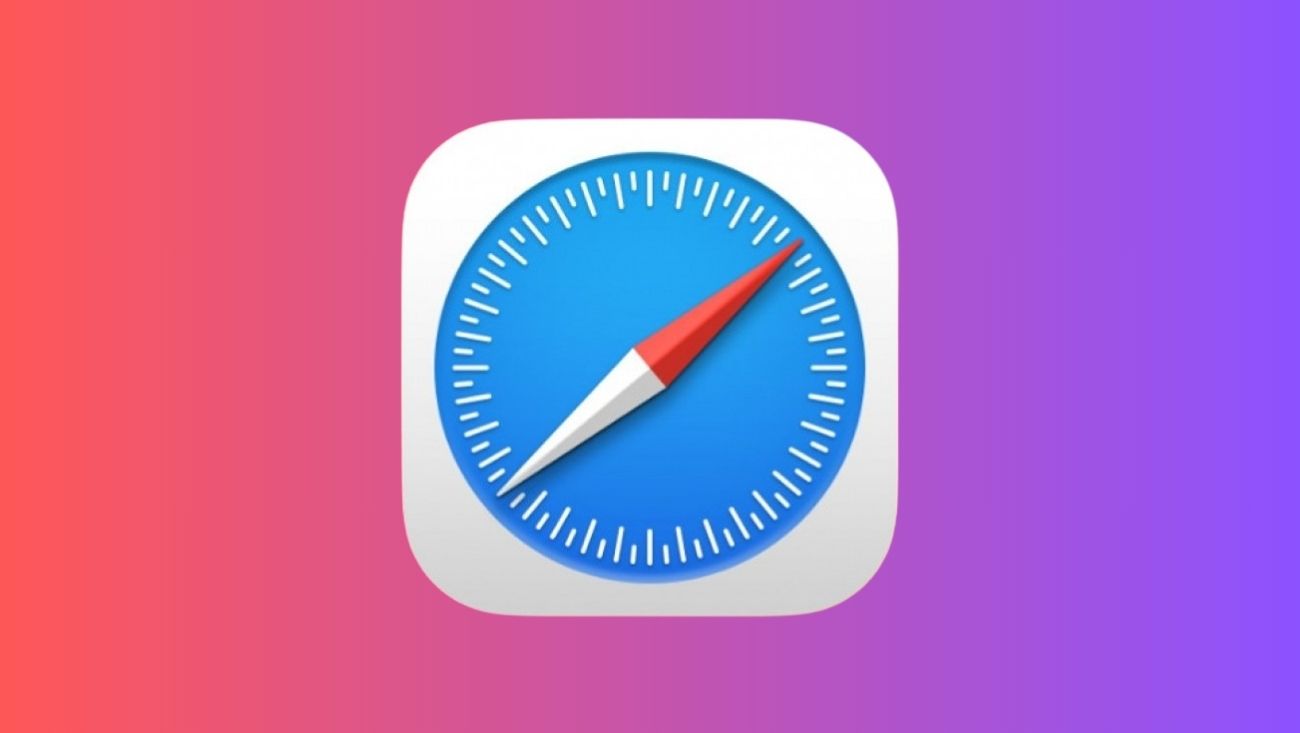Apple is gearing up to overhaul its Safari web browser by introducing AI-powered search capabilities, a move that could significantly challenge Google’s long-held dominance in the search market. The initiative, revealed by Apple’s Senior Vice President of Services, Eddy Cue, during testimony on May 7, 2025, in the U.S. Justice Department’s antitrust lawsuit against Alphabet Inc., marks a pivotal shift for the tech giant. By integrating AI search providers like OpenAI and Perplexity AI, Apple aims to redefine the browsing experience while potentially disrupting its $20 billion annual deal with Google, reshaping the online search ecosystem and intensifying competition in the AI-driven technology space.
Cue’s testimony, as reported by Bloomberg, highlighted Apple’s plan to transform Safari by incorporating AI search engines, a decision influenced by the potential termination of its lucrative partnership with Google, which has made Google the default search engine on Safari for years. This deal, which reportedly generates 36% of Google’s search ad revenue through Safari, is under scrutiny in the DOJ’s lawsuit, which claims that Google’s exclusive agreements with companies like Apple and Samsung uphold its monopoly. The lawsuit’s outcome could force Apple and Google to dissolve their agreement, prompting Apple to explore AI-driven alternatives to enhance user search experiences and reduce dependency on Google’s infrastructure.
The AI search integration in Safari is expected to enable more conversational and context-aware search results, leveraging providers like OpenAI and Perplexity AI. For example, users could query Safari with a question like, “What are the best hiking trails near me with scenic views?” and receive personalized recommendations that account for location and preferences. This aligns with Apple’s broader AI strategy, as seen in features like Apple Intelligence and the upcoming Intelligent Search tool in Safari 18, slated for release later in 2025. By embedding AI directly into its browser, Apple aims to improve digital productivity for users, offering a more intuitive alternative to traditional search methods.
The announcement triggered significant market reactions, with Alphabet’s shares plummeting 7.6%, erasing over $150 billion in market value, while Apple’s stock also dipped after Cue noted a decline in Safari searches due to users increasingly adopting AI tools. Analysts, such as Gil Luria from D.A. Davidson, warned of dire implications for Google if it loses its exclusivity with Apple, stating, “Many advertisers rely on Google because it holds nearly 90% of the search market. If viable alternatives emerge, advertisers could shift significant budgets away from Google.” This shift underscores the growing importance of online advertising dynamics as AI reshapes how users and businesses interact with search engines.
Apple’s focus on AI search also reflects its commitment to privacy and on-device processing, setting it apart from competitors like Google, which relies heavily on cloud-based data collection. Apple’s AI implementations, such as those in Apple Intelligence, prioritize local processing to safeguard user data, potentially making Safari’s AI search features more attractive to privacy-conscious users. However, integrating multiple AI providers into Safari poses technical challenges, including ensuring the accuracy of search results and maintaining a seamless user experience across Apple’s ecosystem, which spans iPhones, iPads, and Macs.
The DOJ lawsuit, initiated in 2020, has increasingly focused on AI’s role in perpetuating search monopolies, with testimony from OpenAI and Perplexity executives highlighting how Google’s device manufacturer deals limit their ability to secure default placements. The government argues that Google’s dominance in search gives it an unfair advantage in user data, fueling its AI advancements, such as the Gemini chatbot, at the expense of competitors. Apple’s move to integrate AI search into Safari could foster a more competitive market, providing users with alternatives to Google and potentially reshaping mobile search dynamics, especially if the DOJ ruling mandates changes to Google’s agreements.
Although Apple has not confirmed a specific timeline for the AI search rollout, the company’s proactive approach suggests it may align with upcoming software updates, such as iOS 19 or macOS 16, expected in 2025 or 2026. This development positions Apple to redefine the browser experience, leveraging AI to make Safari a more powerful tool while challenging Google’s stronghold in search. As the tech industry evolves, Apple’s foray into AI-powered search could set a new benchmark for how users access information online, with profound implications for privacy, competition, and user experience. What are your thoughts on Apple’s plan to integrate AI search into Safari, and how might it affect your browsing habits? Share your perspective in the comments—we’d love to hear your insights on this transformative shift.







